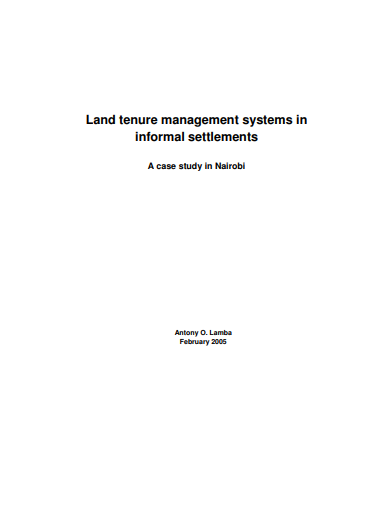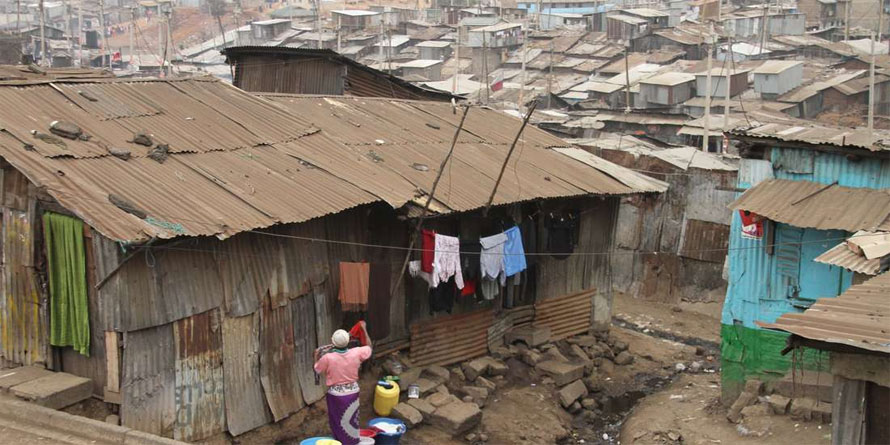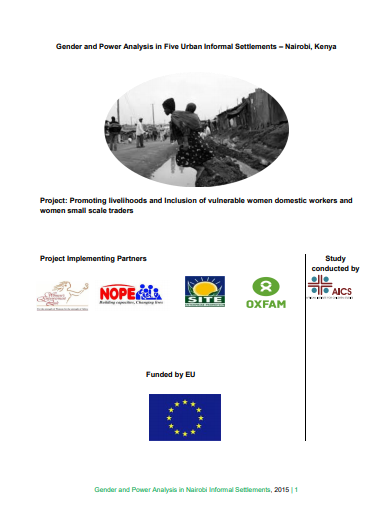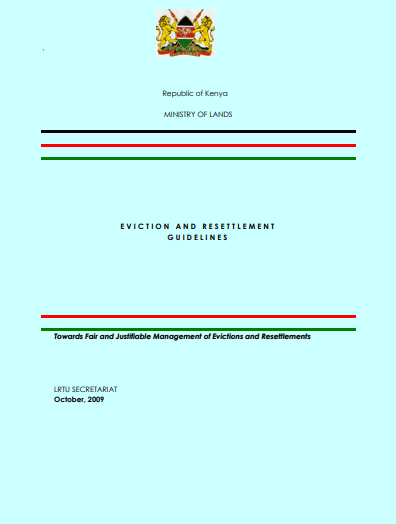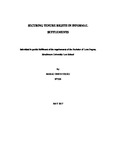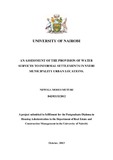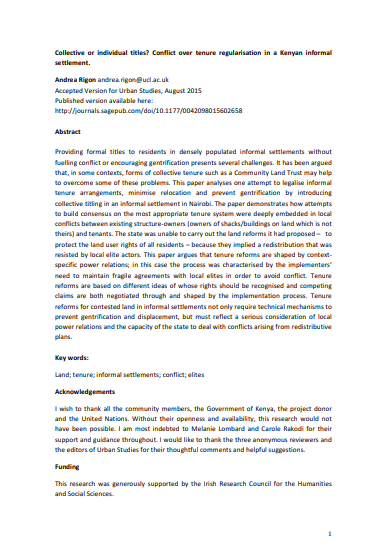Land Tenure Management Systems in Informal Settlements
Formal land administration systems in developing countries have failed to cope with the wide range of land rights that have evolved under non-formal land tenure arrangements. Urban informal settlements in particular pose a challenge to existing land administration infrastructure in these countries. The tenure types, land rights and spatial units found in such settlements are inconsistent with the provisions of existing land law. Conventional land administration approaches can not work in these settlements.

